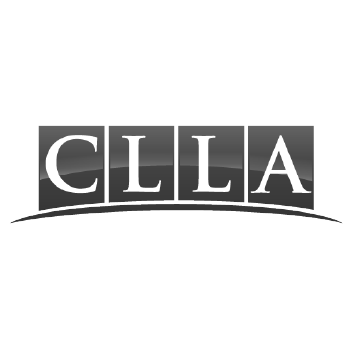Estate of Giraldin (Giraldin v. Giraldin) (Cal. Dec. 20, 2012)
A revocable trust is a trust that may be revoked, altered or amended during the lifetime of the person who created it (the settlor). The beneficiaries’ interest in such trust is merely contingent, and the settlor can eliminate that interest at any time. When the trustee of a revocable trust is someone other than the settlor, that non-settlor trustee owes a fiduciary duty to the settlor only – not to the beneficiaries – so long as the settlor is alive. See Cal. Prob. Code §§15800 et seq. During that time, the trustee must account to the settlor, but not to the beneficiaries. When the settlor dies, the trust becomes irrevocable, and the beneficiaries’ interest in the trust vests. In Estate of Giraldin (Giraldin v. Giraldin), the California Supreme Court was called upon to determine whether, after the settlor dies, the beneficiaries have standing to sue the non-settlor trustee for any purported breaches of fiduciary duty committed while the settlor was alive and the trust was still revocable. Because a non-settlor trustee’s breach of fiduciary duty owed to the settlor might substantially harm the beneficiaries by reducing the trust’s value contrary to the settlor’s wishes, the majority opinion of the Supreme Court concluded the beneficiaries do have standing to sue for a breach of that duty, and may do so after the settlor has died. This ruling reverses a well-publicized judgment of the California Court of Appeal, which concluded the beneficiaries have no such standing. (An interesting dissent opinion concluded that a court-appointed personal representative of the decedent settlor should be the only person with such standing; in that California’s Probate Code does not imply that a beneficiary of a settlor’s revocable trust may sue the non-settlor trustee, on the deceased settlor’s behalf, for breaching the fiduciary duty the trustee owed the settlor during the settlor’s lifetime.) It will be interesting to see how this ruling is applied in practice, but, in the meantime, one will likely hear the members of the probate litigation bar joyfully dancing and yelling throughout the hallways of the probate courts “hooray for more trust litigation!”




Related Posts
Thorpe v. Reed (Cal.App. 6th Dist., Dec. 13, 2012)
Diaz v. Bukey (2011) 195 Cal.App.4th 315
Christie v. Kimball (2012) 202 Cal.App.4th 1407